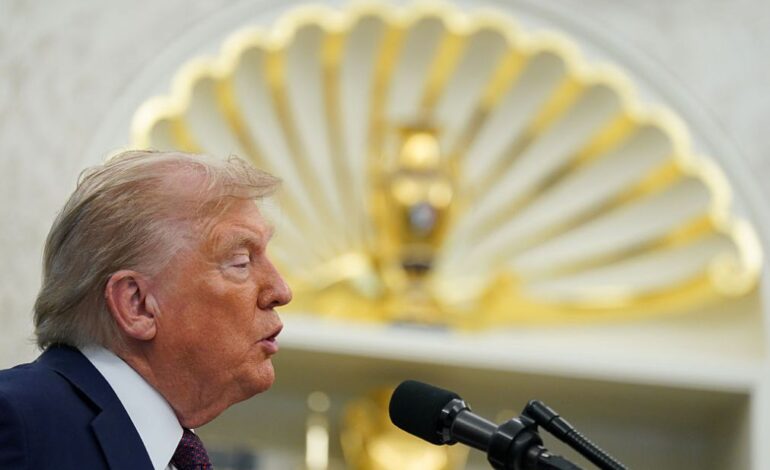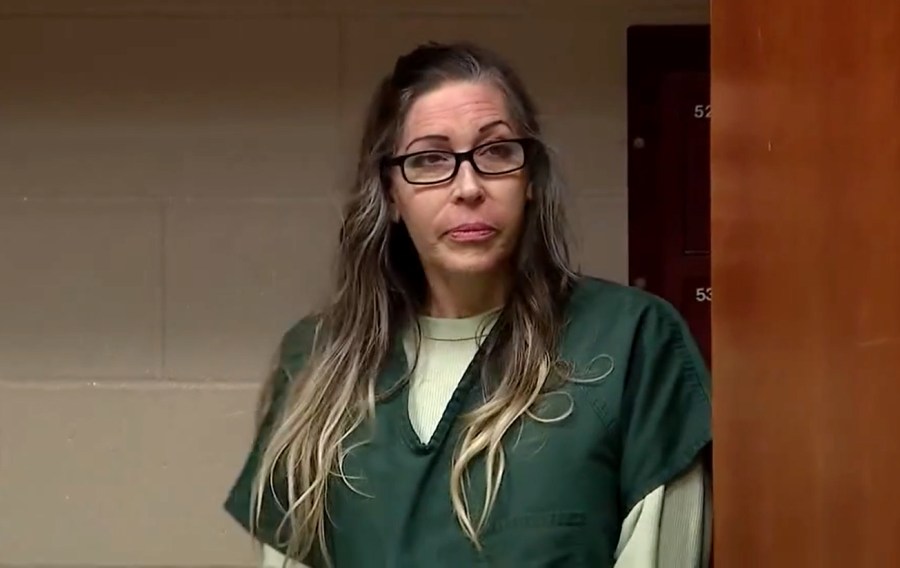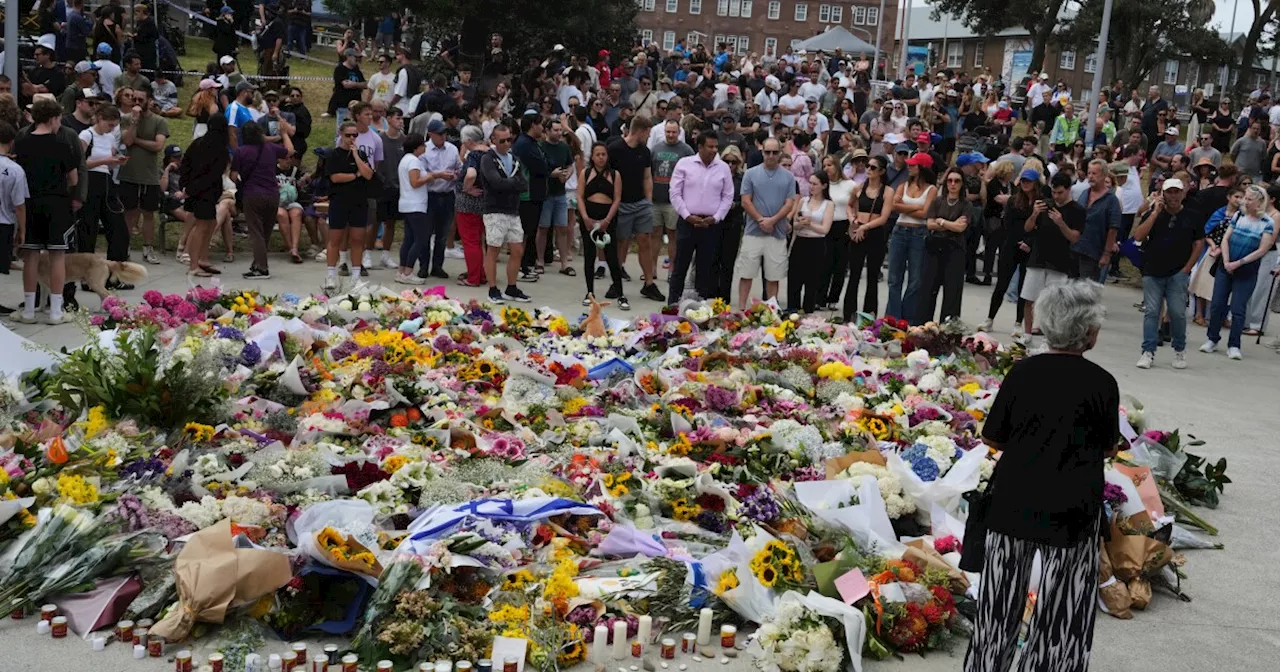Trump Faces Increased Health Scrutiny Amid New Concerns

Donald Trump is facing renewed scrutiny over his health following a recent public appearance that has sparked widespread speculation about his well-being. As he spoke in the Oval Office on Tuesday afternoon, many observers were more focused on his physical condition than his remarks. Questions arose regarding his appearance, including whether he had applied more makeup than usual or if he showed any new bruises, a reaction heightened by recent social media discussions suggesting he was gravely ill.
This skepticism about Trump’s health is not without precedent. The former president has long projected an image of robust health, often described as a model of vitality and energy. Yet, recent events have led to a growing sense of doubt among the public. Earlier this year, the White House physician, Dr. Ronny Jackson, touted Trump’s health, noting his frequent victories in golf. Nonetheless, Trump’s medical history includes instances where he has been on the brink of being classified as obese, with his doctors claiming he was in exceptional health despite his weight.
In 2018, Dr. Jackson remarked, “Some people just have great genes. I told the President if he had a healthier diet over the last 20 years, he might live to be 200.” This narrative of health has been complicated by revelations, including a past letter from Trump’s personal physician, Dr. Harold Bornstein, which he later claimed Trump had dictated. Such inconsistencies have led to a climate where conspiracy theories flourish, with some speculating about Trump’s impending demise.
The concerns intensified after the White House disclosed that Trump has been diagnosed with chronic venous insufficiency, a condition linked to swelling in the legs. This announcement followed notable physical signs, such as bruising on his hands, which were attributed to vigorous handshakes. Questions about his gait arose during a summit with Russian President Vladimir Putin, further fueling speculation about his health.
Trump’s recent appearance came after several days of absence from the public eye, prompting critics to argue that it was a calculated effort to quell rumors. When confronted about the speculation regarding his health, Trump dismissed the questions, stating, “I didn’t see that. I didn’t hear that.” His defiance, however, does little to restore his credibility, which is already under strain.
According to a YouGov poll, 56% of Americans now view Trump as dishonest or untrustworthy, a significant increase from the 49% who held that view when he took office in 2017. This shift highlights a concerning trend for any presidency: diminished trust often precedes a loss of power. Historical precedents illustrate that credibility crises can be damaging; for instance, George W. Bush struggled to regain public confidence after his administration’s handling of Hurricane Katrina in 2005.
In contemporary political discourse, comparisons to other leaders also emerge. After public missteps, Joe Biden faced challenges regarding his re-election bid, while Trump’s supporters are increasingly questioning his stability. Influential far-right figure Nick Fuentes expressed skepticism on social media, suggesting that there is something being concealed by the White House.
This evolving narrative draws parallels to past political episodes. In 2016, Trump criticized Hillary Clinton for her health issues following a public incident at a September 11 memorial, questioning her ability to fulfill the demands of the presidency. At that time, 61% of voters viewed Clinton as untrustworthy, while 64% held the same opinion about Trump, yet he ultimately secured victory.
The current atmosphere raises significant questions about how perceptions of character and health influence political outcomes. As Trump navigates these challenges, the implications for his credibility and future political ambitions remain uncertain. The American public’s response will likely shape the landscape for the former president as he continues to engage with both supporters and skeptics alike.






